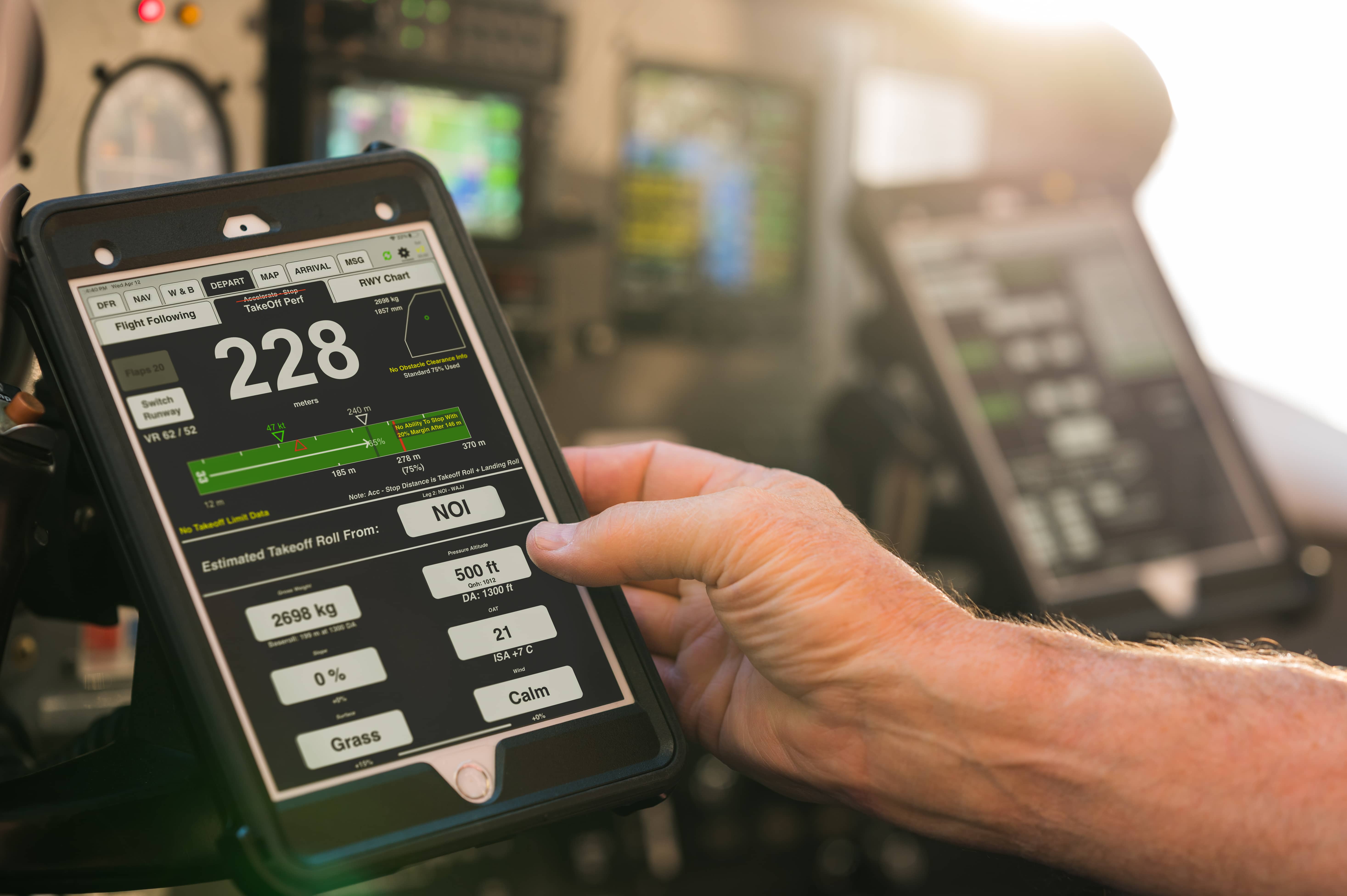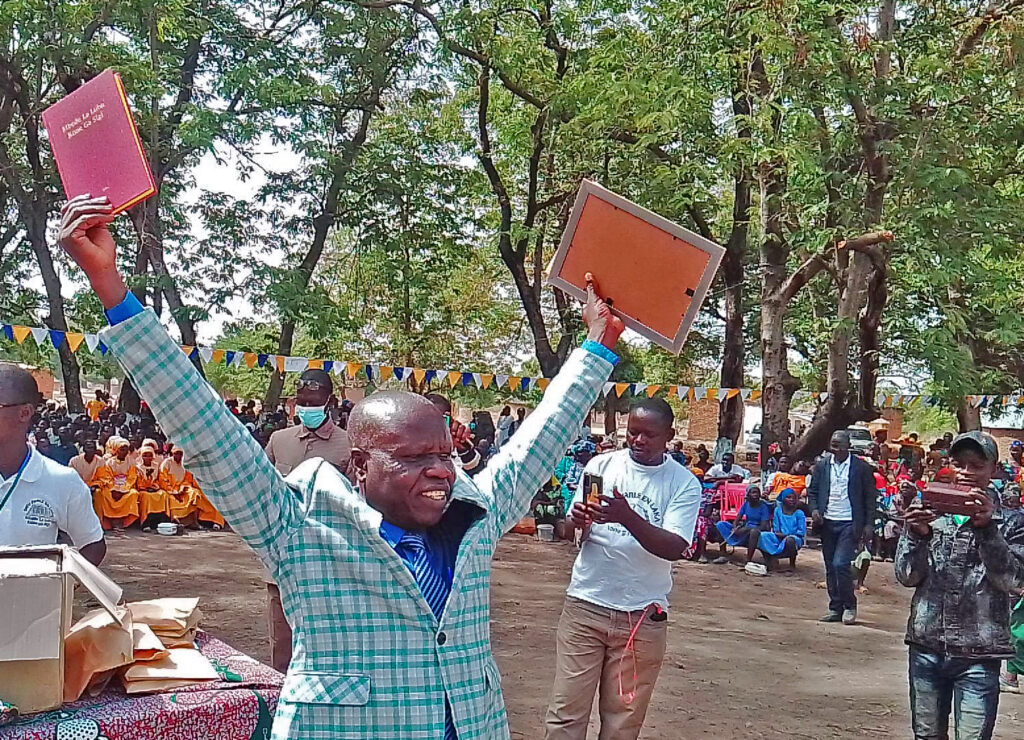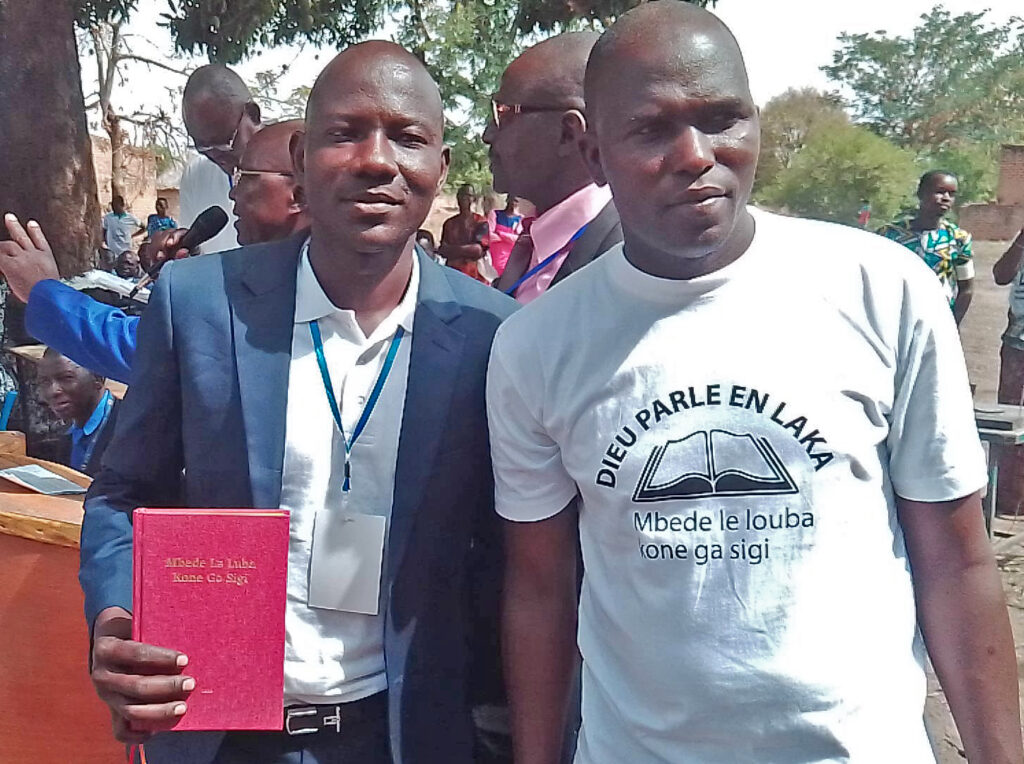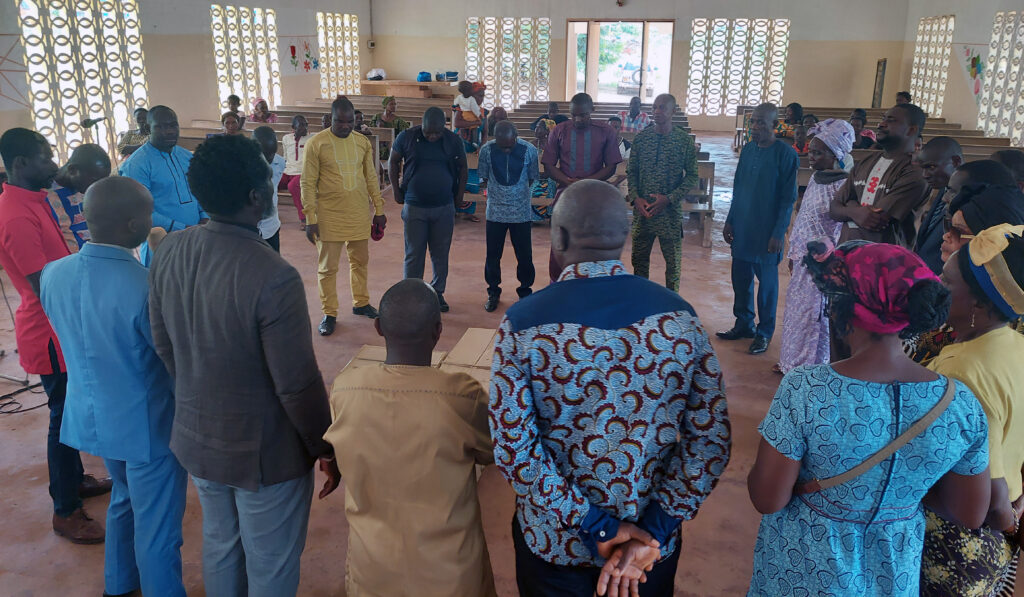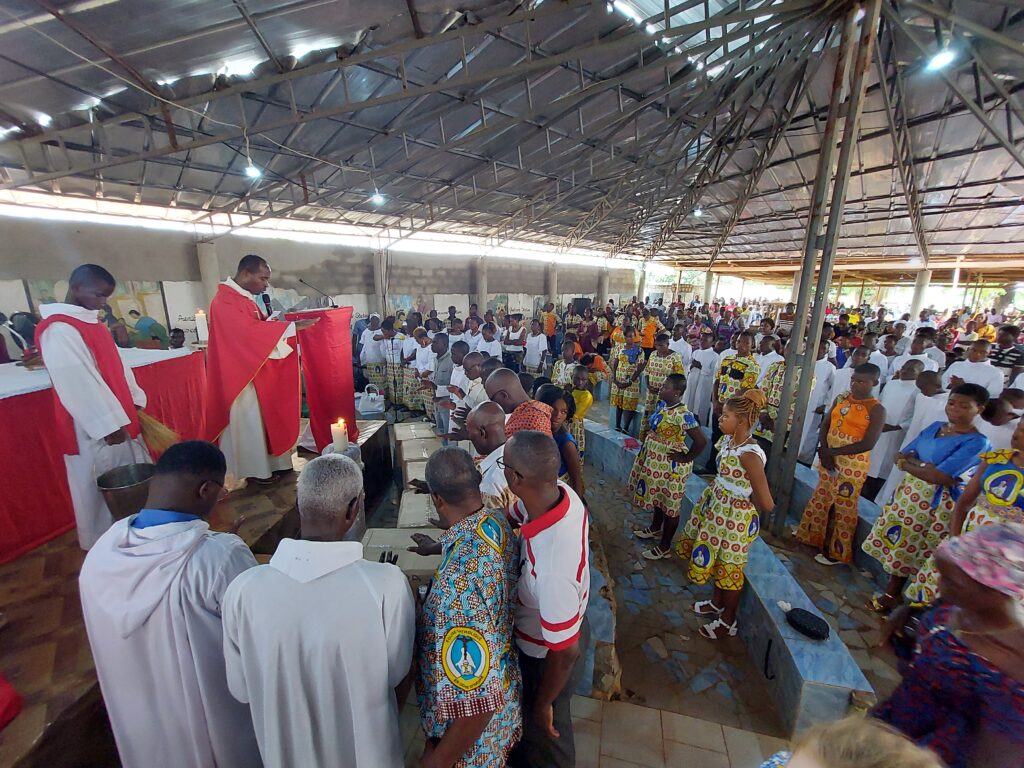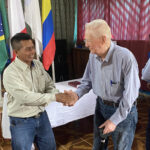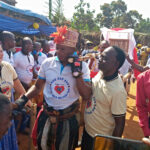Besides great beauty and evidence of God’s creative hand, they are where the remote, often forgotten people of the world live. And they’re all geographical barriers to Bible translators who desire to reach those people with God’s Word.
Air, Land, and Sea Operations
Much of today’s Bible translation takes place in remote, rural areas where paved roads and public transportation are nonexistent.
Other realities endanger translation work: washed out bridges, unreliable commercial boats with a history of capsizing, political strife that makes travel unsafe. Translators working in these settings don’t have ready access to tools and travel solutions that can get them where they need to be—safely, securely, and able to work. Tools like aircraft, boats, motorbikes, or four-wheel-drive vehicles.
That’s where we come in: We help translation workers overcome transportation barriers that keep them from reaching communities hungry for the Word of the Lord so that the workers can focus on Bible translation. No single solution is right for every travel situation, so we collaborate with our partners—to do research, develop plans, and provide effective solutions that target the specific needs of each partner.
Who benefits from our work?
Translators John and Marjo Brownie, for example, will have better, safer options than the small dinghy that sank as they traveled to a small island off the coast of New Ireland, Papua New Guinea. Reliable aviation transport will aid mission workers, like the family whose eight-minute flight in Papua New Guinea saved them from a 12-hour trek over rugged, dangerous mountain terrain.
But the real beneficiaries of our work—always—are the families, communities, and people groups that can be reached safely and effectively to receive the Word of the Lord.
Air Operations
For almost 75 years, JAARS has been a leader in mission aviation—serving in the most remote and difficult places on earth.
Many of the language groups that still lack God’s Word are the hardest to reach. Picture endless miles of rainforest and rugged mountains—with unpredictable weather, no support system, and airstrips carved out by hand. Flying safely in these environments is one of the toughest jobs on earth, and it’s at the core of what God has called JAARS to do. Today we play many different roles, sharing our decades of expertise with other mission aviation organizations around the world.
To reach the most remote areas of the world, JAARS offers:
- aircraft funding
- specialized training
- technical support
- custom equipment
- pilots, mechanics
- flight subsidies
- research and certification programs
FlightSpan was designed and developed by JAARS aviators flying in remote and difficult locations. It automates and streamlines in-cockpit tasks, significantly reducing pilot workload. This innovative software equips missionary aviators to plan, execute, and record their flights with a single easy-to-use tool—a comprehensive software solution for remote flight operations.
Interested in serving in mission aviation? Watch our videos to see what it’s like, and be sure to check out The Centerline, our e-newsletter packed with tips, stories, and more. You can also browse specific job descriptions. And we invite young adults to join us in Waxhaw, North Carolina, for weekly Vision Flights or our summer CrossVenture|Aero camp.
Land Operations
In places where aircraft cannot land, our Bible translation partners still need a safe, reliable way to reach villages that might be spread across hundreds of miles.
In parts of Africa 98% of roads are unpaved and the rainy season lasts for half the year. Tough as it is, the best way for translators to get input, test drafts, help churches, and start literacy classes is to visit local communities.
That’s why JAARS paves the way for our partners by providing them with:
- motorbikes
- 4WD vehicles
- safety equipment
- driving and maintenance training
Sea Operations
In parts of Africa, South America, and in the Pacific, boats are the best—or sometimes the only way—to reach a remote village.
But the trip can be harrowing: crowding onto rundown boats, often with no safety equipment, and plying rough waters far from any hope of help if something goes wrong.
JAARS provides coastal communities with:
- specialized vessels—including outfitting, delivery, and repair
- logistical and financial support for boat programs
- safety equipment, signaling devices, and emergency satellite beacons
- water safety training
Experience it for yourself! Join us on the North Carolina coast for CrossVenture|Coastal to learn how maritime and missions connect—through maritime-themed devotions, on-board training, and in-water survival simulations. These weekend or week-long events are open to individuals, families, and church or school groups.




